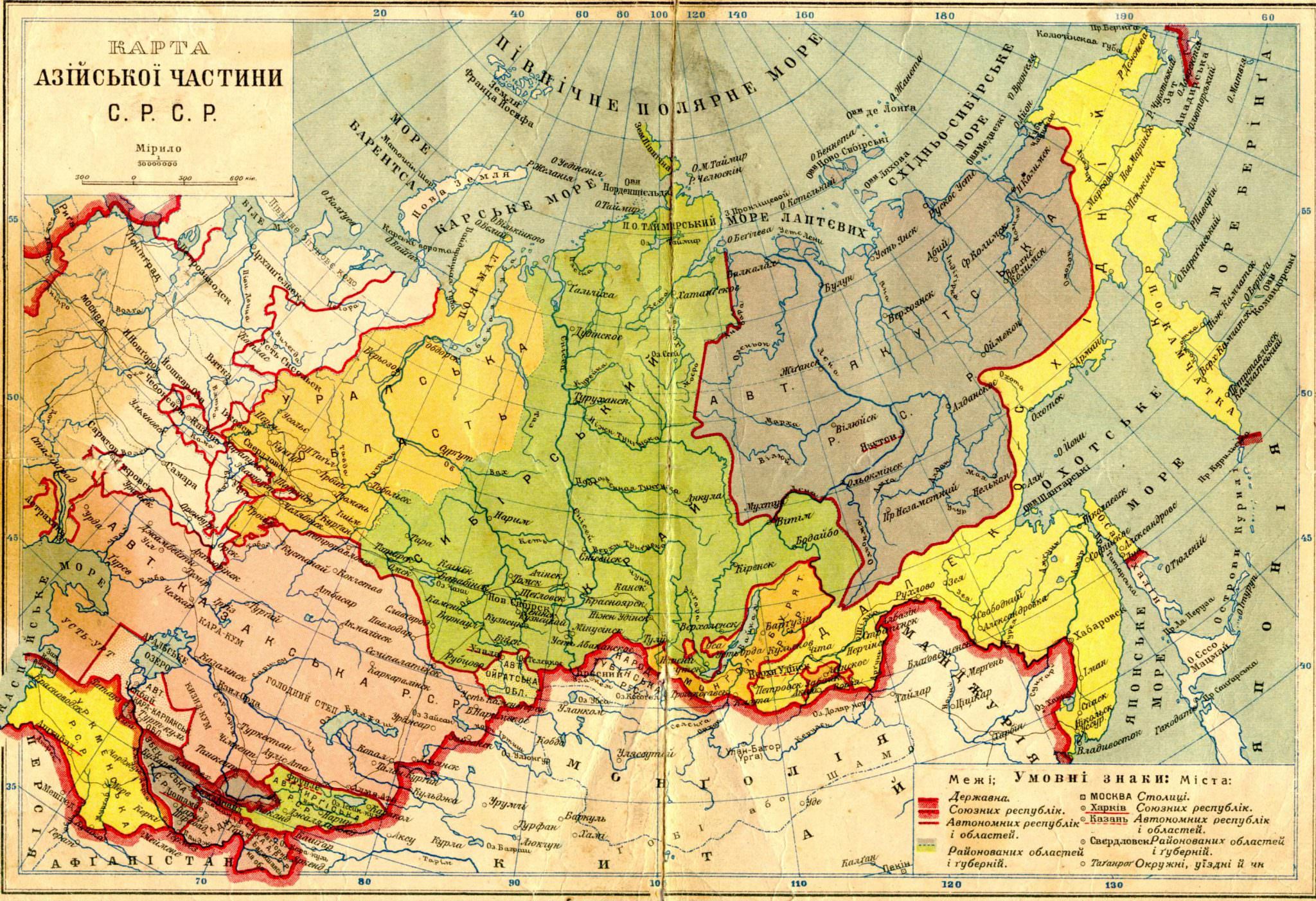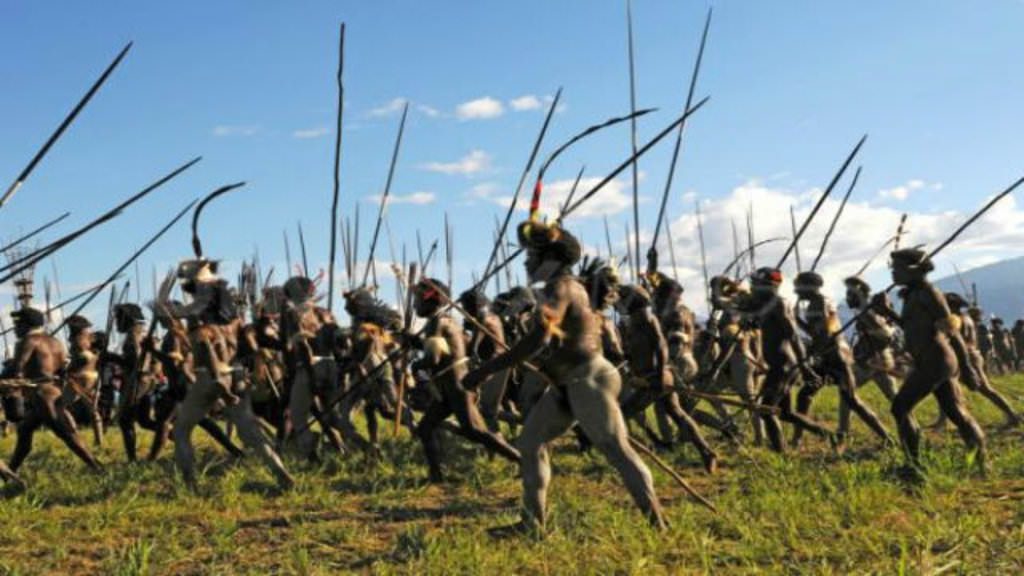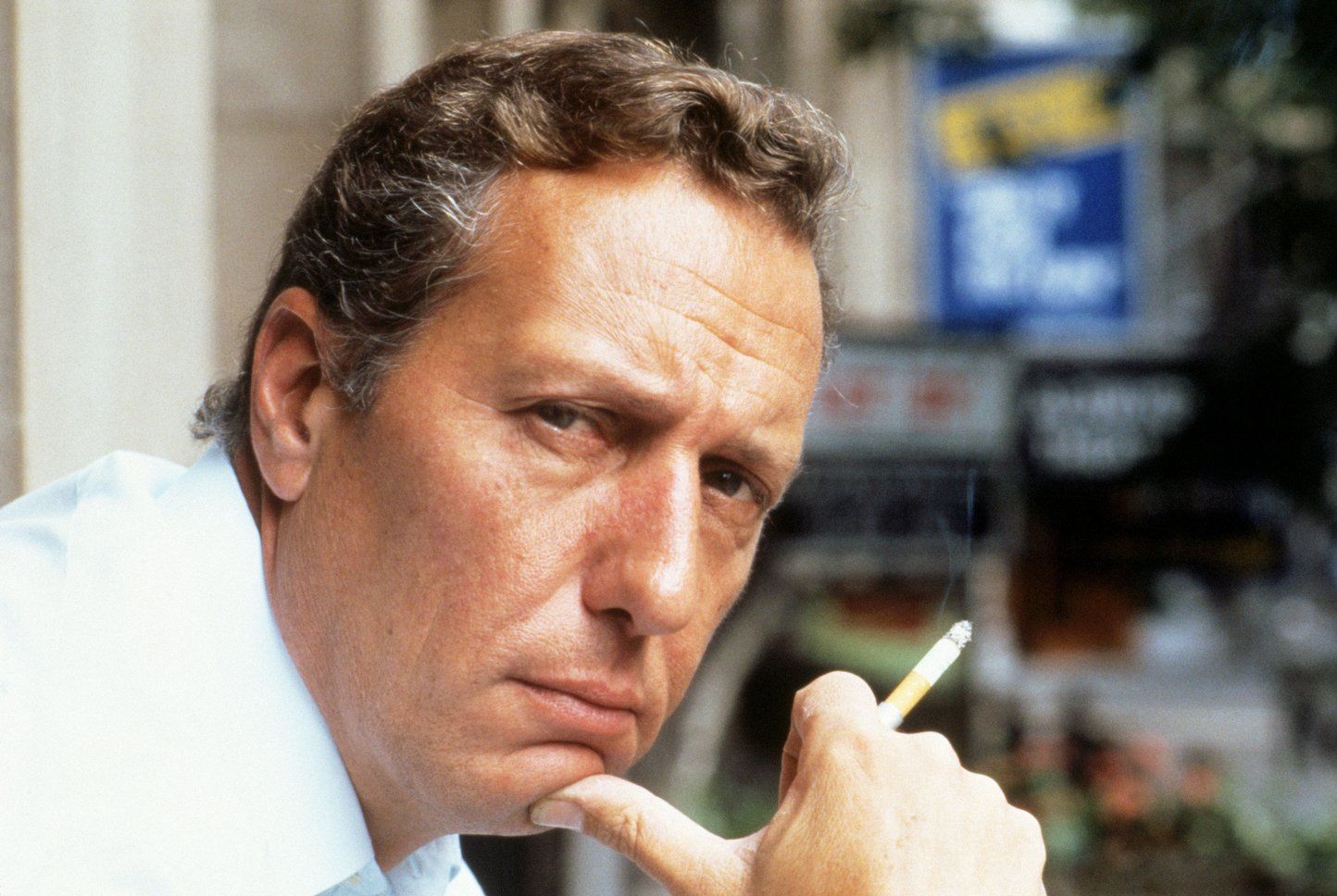Hypothesis
How the Fall of the Berlin Wall Created Political Gridlock in the U.S.
From an evolutionary perspective the current domestic political crisis can thus be understood as an aftershock of the collapse of the Soviet Union.

The deeply divisive 2016 presidential election and its aftermath provide the clearest evidence to date of the bitterness that increasingly plagues American politics. Russia stands accused of attempting to influence the outcome and undermine faith in the election, but in fact their destructive impact on U.S. politics has been far more profound and pervasive than that. Russia has been steadily undermining U.S. political effectiveness simply by virtue of their decline over the past 25 years. Indeed, endemic Russian weakness has not only led to the gridlock, extreme partisanship, and toxic political climate that pervades the U.S., but has also made Putin one of the most popular politicians on the planet.
Political commentators have explained the current American political climate in different ways, but most focus on political or societal events such as globalization, gerrymandering, Roe v. Wade, the Civil Rights Movement, the Vietnam War, and Gingrich’s Contract with America. Many also point to traditional and social media echo chambers, which exacerbate partisanship through their polarizing effects on group attitudes and the creation of parallel news-universes.
Although these factors may well have instigated the current crisis, they beg the question of why similar events did not have the same impact in the past. America has always been a pluralist society, and major disagreements about values, goals, and priorities have resurfaced many times in its 240-year history. So why have the last few decades witnessed a descent into political squabbling and infighting that now extends beyond the capital cities and even its borders?
Perhaps surprisingly, the answer to this question lies in our deep past. Millions of years ago, our ancestors survived their move from the forests to the savannah by becoming much more cooperative than their chimpanzee cousins. Cooperation enabled our progenitors to work together to protect themselves from predators and eventually rise to the top of the food chain. But the nomadic groups in which our ancestors lived frequently encountered other such groups, and these encounters were fraught with conflict over resources and reproductive opportunities.

For this reason, we evolved to cooperate with members of our own group, but not with members of other groups. This tribalism is often perceived as being in conflict with our cooperative nature, but our evolutionary history reveals that they are two sides of the same coin. Our tribalism is actually cause and consequence of our cooperative nature, as our capacity to care for members of our own group evolved to help us protect ourselves and make us more effective killers.
Despite the importance of cooperation within groups, we have, of course, fought with our families and neighbors for millions of years. Because people have different goals, abilities, and positions in life, decisions taken by the group are likely to favor some people over others. For example, if I’m a teacher I benefit when my country imports inexpensive goods that I can afford on my salary, but if I’m a factory worker I benefit when my country sets high import tariffs that protect my wages from foreign competition.

Nevertheless, competition with other groups was historically a much greater threat than competition with members of our own group, so we evolved to set aside our differences and cooperate with each other whenever we compete with external groups (“united we stand, divided we fall”). We can still see signs of this cooperative tendency in the face of major external threats, such as when Americans of all political stripes set aside their differences in response to the terrorist attacks of 9/11, in an effort to find and eliminate a common enemy.
From an evolutionary perspective the current domestic political crisis can thus be understood as an aftershock of the collapse of the Soviet Union. Conflict between the two major political parties was once set aside at the nation’s border because internal conflicts were less important than maintaining unity in the face of such a powerful enemy. The fall of the Soviet Union marked the end of the only existential threat to the United States, with the consequence that internal conflicts are no longer held in check. Today’s Russia is simply not enough of a threat to bring Americans together, and Americans increasingly see their greatest obstacles not in the actions of other countries, but in the competing goals of their domestic opponents.

For this reason, the deep divisions that characterize the current political climate in the U.S. are likely to remain intractable as long as the U.S. is the lone superpower. Until China, Russia, an ascendant terrorist organization, or even a comet on a collision course with the Earth once again threatens America, we can expect even greater divisiveness.
Finally, and somewhat ironically, Russian decline has not only set American against American, but has also united Russians in support of their authoritarian leader. A weaker Russia is now faced with many more threats. Putin has responded to those threats by symbolically increasing Russian stature — annexing the Crimea, bombing the Syrian opposition, and intervening in the Ukraine and the U.S. — and thereby garnered the loyalty of the majority of Russians despite the disastrous economic consequences for his country. When American divisiveness eventually leads to a similar decline, perhaps the president will take a page from Putin’s playbook?






